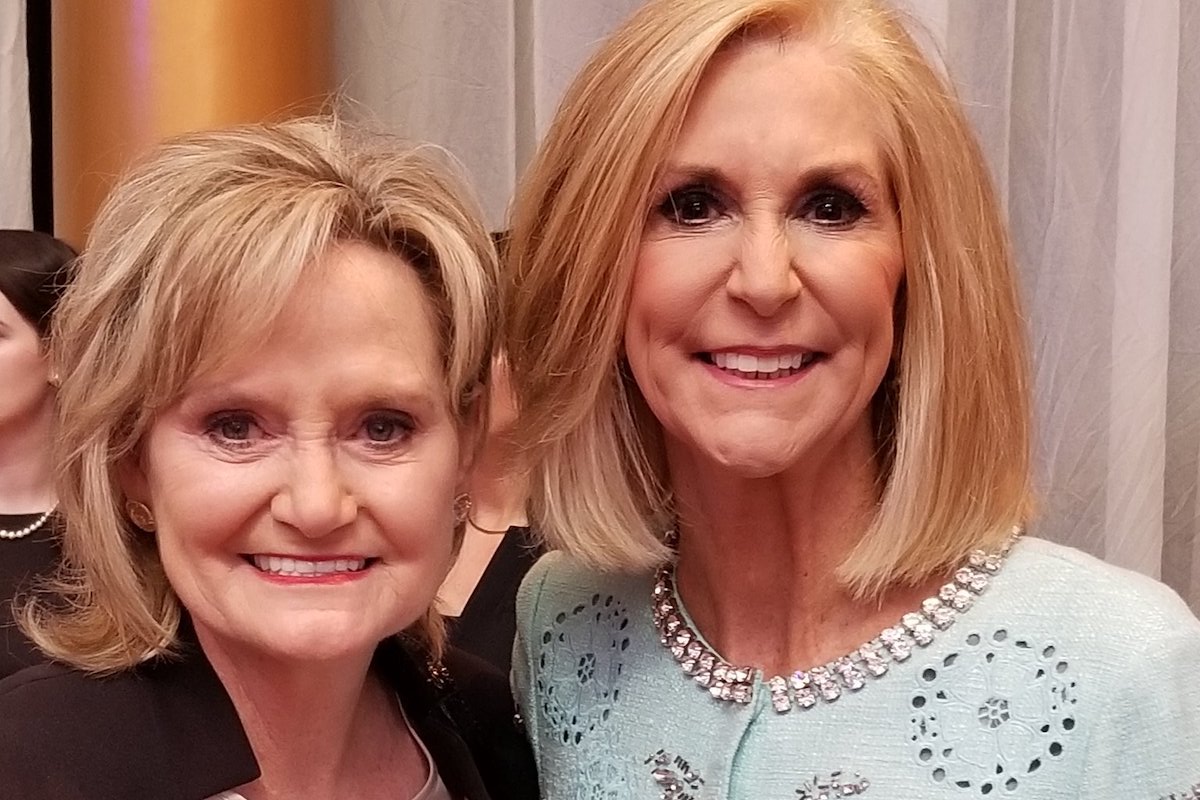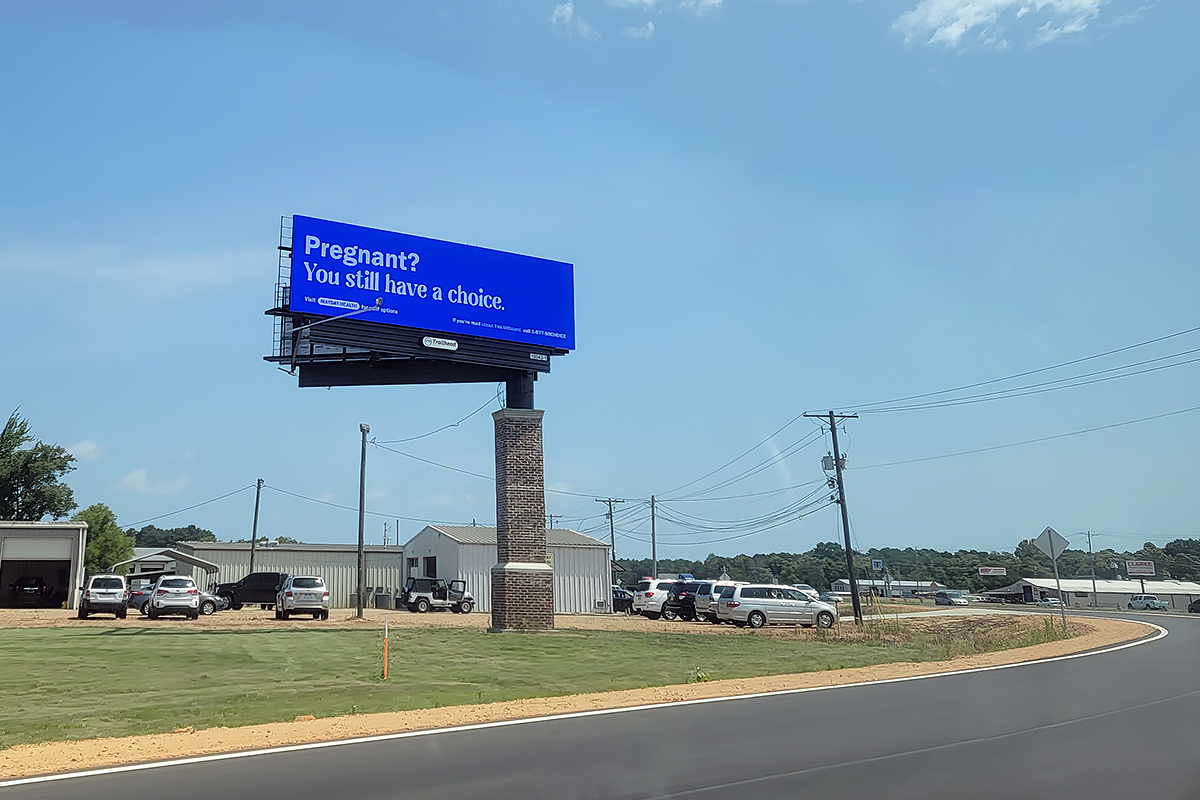A prospective mother experiences many joyous events during her pregnancy: selecting the baby’s name, shopping for newborn clothes, and guessing who the baby may look like or whose attitude the child will emulate once it makes its grand debut into the world.
But what happens once a medical professional has determined that the fetus is nonviable or that the baby, if born, would suffer immense pain from the slightest touch due to a skin condition like Epidermolysis bullosa for the rest of its life?
Abortion and childbirth can be emotional for any woman. In 2017, JAMA Psychiatry conducted a research study concluding that denying a woman the right to an abortion causes damaging and potentially irreversible effects to the mother’s mental and physical health.

The overturning of Roe v. Wade on June 24, 2022, caused a shift in both the religious and secular world as we know it. Democratic liberals view this moment as a disgrace and an infringement upon women’s rights. Meanwhile, conservative Republican U.S. House Rep. Marjorie Taylor Greene declared, “This is the best news of our lifetime. This is a great victory for God.”
In April 2023, two of Mississippi’s women conservative leaders, U.S. Sen. Cindy Hyde-Smith and Attorney General Lynn Fitch, rejoiced when they found out that a Texas judge could blocked the U.S. Food and Drug Administration’s prior approval of access to the abortion pill mifepristone, a decision that is on hold pending appeal. Mifepristone, when taken within the first 63 days after a woman becomes pregnant, is roughly 97% effective even during the second trimester.
Women’s Mental Health Matters
Since the U.S. Supreme Court overturned Roe v. Wade, many women in deeply religious conservative states with strict abortion bans like Louisiana, Texas and Mississippi have been forced to either carry a fetus to term or watch their baby die as soon as it is born—if it is born.
Native Texan Marlena Stell was thrilled when she received the news that she was expecting a new addition to her family. During the seventh week of her pregnancy, a medical professional told both Stell and her spouse that the fetus was developing normally with no complications. But after an additional ultrasound about two weeks later, Stell’s doctor revealed to the expecting parents that no fetal heartbeat could be found. The fetus was dead.
Shocked and dismayed, Stell consulted with her doctors to perform a dilation and curettage (D&C), a standard procedure used to remove a fetus following a miscarriage, in an effort to prevent any type of infection for the “would-be” mother. Unbeknownst to Stell, the D&C was a procedure used in abortions that the State of Texas and many other states had already banned. Now, Stell would be forced to possibly carry a dead fetus inside of her until she could find a physician willing to perform the abortion. A physician instructed Stell to “miscarry naturally” contrary to her request.
Stell survived a high-risk pregnancy at 42-years-old, had a miscarriage and was then forced to deal with the trauma of knowing that the fetus she carried in her belly had no chance of survival. “It just was emotionally difficult walking around, knowing that I had a dead fetus inside,” she lamented.
As a YouTube influencer, Stell hopes that situations such as hers will help bring awareness to abortion rights and justification pertaining to women’s reproductive rights, high-risk pregnancies, miscarriages and women’s health overall.

A would-be mother for the second time, Nancy Davis of Louisiana was also excited to learn she was expecting a new baby. “There’s nothing more that I wanted than a child,” Davis said during an interview with WAFB. During her 10-week ultrasound, a doctor diagnosed Davis’s fetus with a rare skull deformity, acrania, which causes the baby’s skull not to form properly. Since Davis’s life was not in immediate danger, she could not obtain an abortion in her home state under Louisiana’s abortion law.
Davis was then faced with the excruciating decision to either carry the fetus to term only to have it die minutes after birth, or to travel across state lines, possibly Florida, to obtain a legal abortion.
Mental-health professionals have since proclaimed the damaging effects of forcing a woman to carry a nonviable fetus, only to bury it within minutes of birth. NYC Health Director of Perinatal Services Kecia Gaither lists three possible scenarios of a woman’s physical health when faced with carrying a nonviable fetus: underlying mental-health conditions, underlying medical conditions that preclude pregnancy continuation and other outlining health conditions.
“My concern as an OB-GYN is the ramifications that will ensue due to masses of desperate women having unsafe terminations,” Gaither told Healthline. “What happens to their families? What’s the medical, social, financial, legal fallout from these situations?” Gaither asked.
Women’s Rights and Religion
With abortion and many other issues surrounding a woman’s right to choose, our nation has seen a clash between Republican conservatives and Democratic liberals over the years. Liberals’ ideals lean more toward bodily autonomy for women. However, Republican conservatives often call abortion “murder.” Conservatives who believe that life starts at the time of conception, also strongly oppose taxpayer-funded abortions.
Today, anti-abortion activists are pushing for restrictions to extend even into liberal state and jurisdictions. Controlling the provision of abortion drugs at the state level is one of the main priorities, Susan B. Anthony Pro-Life America State Policy Director Katie Glenn said. She cited Georgia as one of the few states in the Deep South that doesn’t expressly forbid telemedicine for abortion, which pregnant women can use to receive out-of-state abortion drugs. Glenn anticipates that the state legislature will introduce a bill soon to ban at least some features of telehealth. Abortion is in Georgia after approximately six weeks.

Colleges and universities in Democratic states such as the University of California and California State University are implementing a new strategy and are stockpiling mifepristone, which is intended to be administered during the early parts of pregnancy up to 10 weeks or up to 70 days after the first day of the last menstrual period.
Many may disagree with my personal beliefs pertaining to abortion, women’s rights and mental health, especially since I come from the Deep South and was born into a family of preachers, pastors and deacons. But regardless of one’s personal beliefs and traditions, the United States is definitely in for another eventful year as the fight over abortion continues.
This MFP Voices essay does not necessarily represent the views of the Mississippi Free Press, its staff or board members. To submit an essay for the MFP Voices section, send up to 1,200 words and factcheck information to azia@mississippifreepress.org. We welcome a wide variety of viewpoints.






